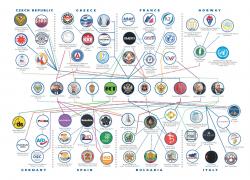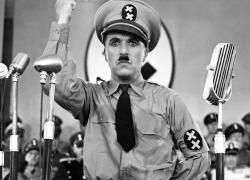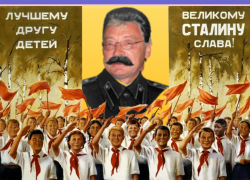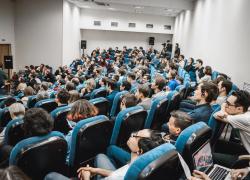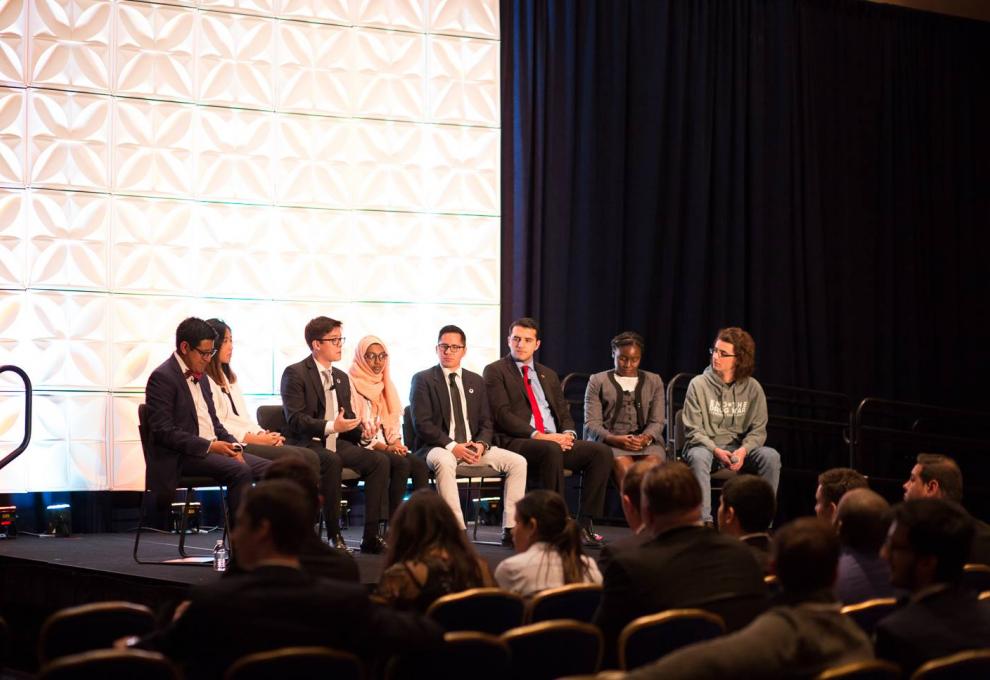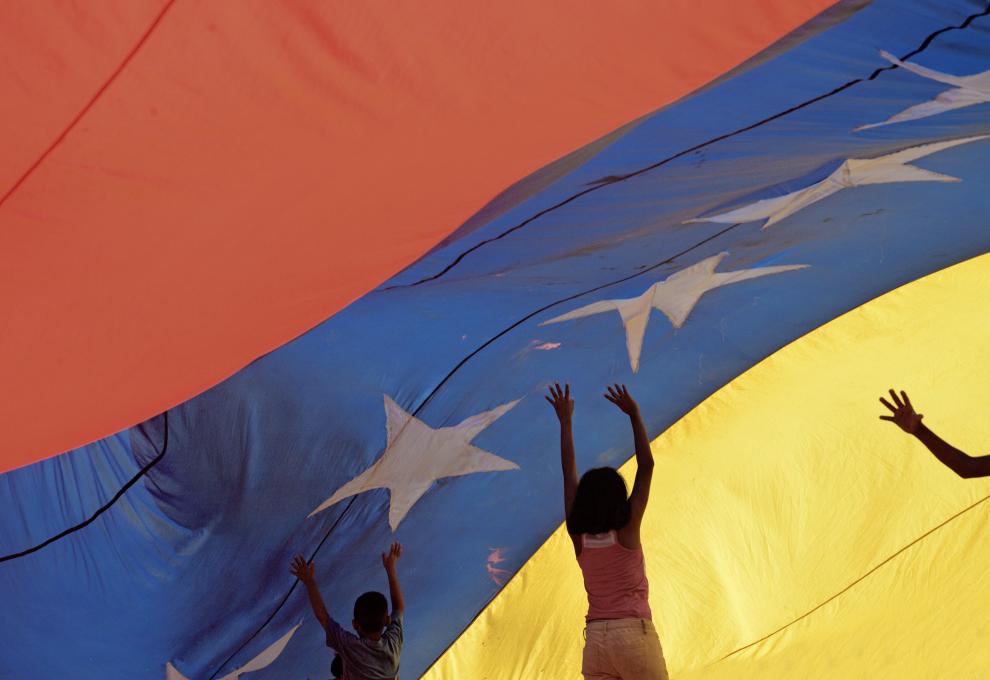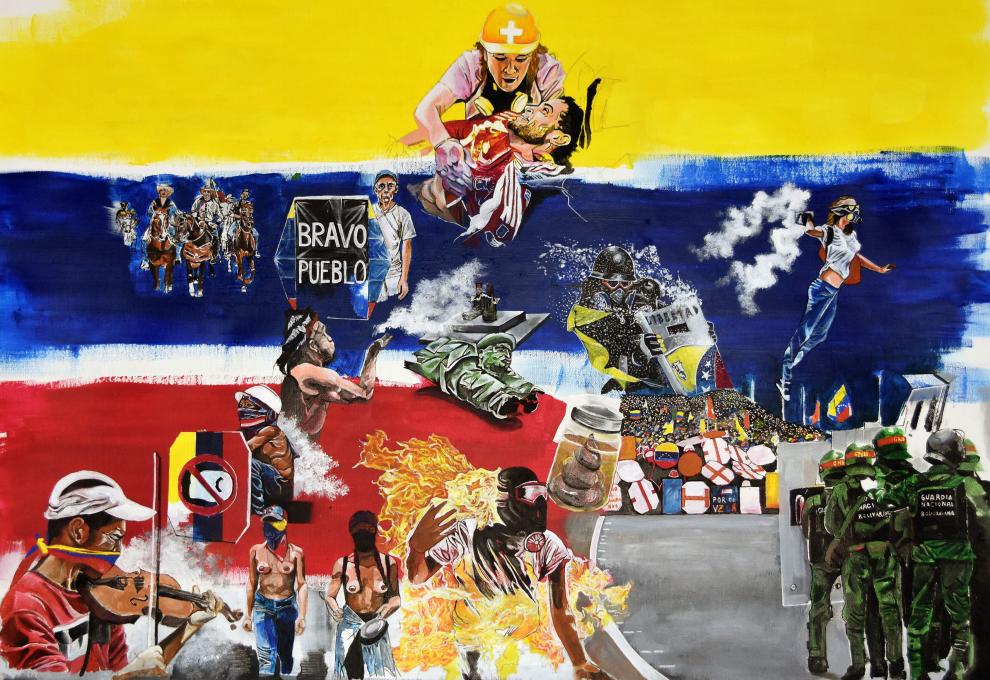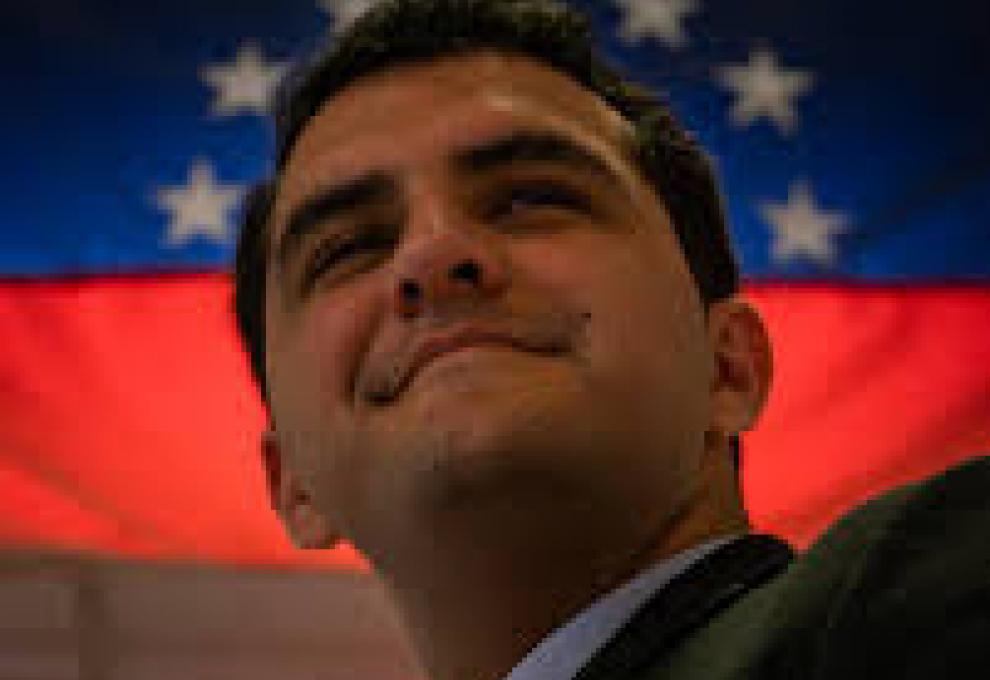Is Colombia at Risk?
Since forever, Latin America has been in a perpetual state of political turmoil and social unrest. The consequences of this are multiple. Yet, perhaps the most important one of them is our intolerable levels of poverty, which reach the majority of our people.
This is why economists like me have said for years that Latin America is not poor because it lacked the necessary resources to overcome its many economic issues, but for lacking the political will to do so. In the sense that our region has been historically ruled by populist politicians, uninterested business elites, and generals who are more interested in their finances than their country.
The most worrying part of this diagnosis is that the situation is not changing for the better in most countries. We could take Venezuela as an example, as the country passed from being the most prosperous in the region to one in which over 80 percent of its people live in extreme poverty. Yet, we can also mention Argentina, where the Peronists keep winning elections despite them ruining time and time again the country’s finances. We can also mention Mexico, a difficult case to study, which includes drug dealing, gang crimes, and astonishing levels of corruption at the political level. Ultimately, when talking about economic issues, we could include virtually every country in Latin America.
However, there was one country I felt strong about. A country that when someone asked about, I always said that it was going in the right direction, politically and economically. That country was Colombia, a nation that a generation ago was known for its violence and mass migration, and it is now known for its growing economy, and responsible political and economic elite. A country that, of course, had its many issues. But a country that was fighting so that these issues could be solved peacefully. For instance, with its peace accords of 2016, which ended Colombia’s decades-long war with the guerrilla groups.
This is why I was surprised when I saw videos of the intense protests that have been taking place in Colombia for the last few days, protests that began as a result of a nationwide discontent for President Duque’s proposal of raising taxes to Colombia’s middle class, as well as the country’s value-added tax.
When reading about it, I immediately saw that the protests have merit. Most Colombian families are struggling to pay the bills, and higher taxes are everything but a solution to that. According to Colombia’s statistical agency, the Colombian economy shrank by 7 percent in 2020, while poverty rose to 43 percent.
In this sense, while I agree that the government is also in need of extra resources as a result of the pandemic, I don’t think that the government should acquire those resources from raising taxes, but from reallocating the resources it already has in more efficient ways.
However, the political problem of this economic issue is that the protests have also been highjacked by extremist groups, most of them socialists, which is a problem we are already used to in Latin America. Mature countries do not express their opinions by rioting violently or looting convenience stores but at the polls. And if not, then how’s going to pay the family who lost their business due to rioting? Do they have fewer rights than everybody else? I don’t think so.
And yes, no one can deny the fact that the Colombian police has been excessive, brutal, and repressive, which is sad, because mature democracies should also know how to contain rioters without committing human rights violations.
For this reason, I think this whole episode illustrates why Latin America seems to be in a perpetual state of crisis. As Bolivar said two hundred years ago, the region seems to be inevitably destined to “fall into the hands of rampant crowds, and then into the hands of tyrants so insignificant that they will be almost imperceptible, of all colors and races.” And in the Colombian case, it seems to be destined to fail due to extremists and a government that is not handling the situation as it should.
By Jorge Jraissati
Jorge Jraissati is the president of the Venezuelan Alliance. Graduated at the Wilkes Honors College, Jorge is an economist, political leader, and a fellow at the Abigail Adams Institute. Jorge has been invited as a guest lecturer to over 20 universities, such as Harvard, NYU, and Cambridge.





